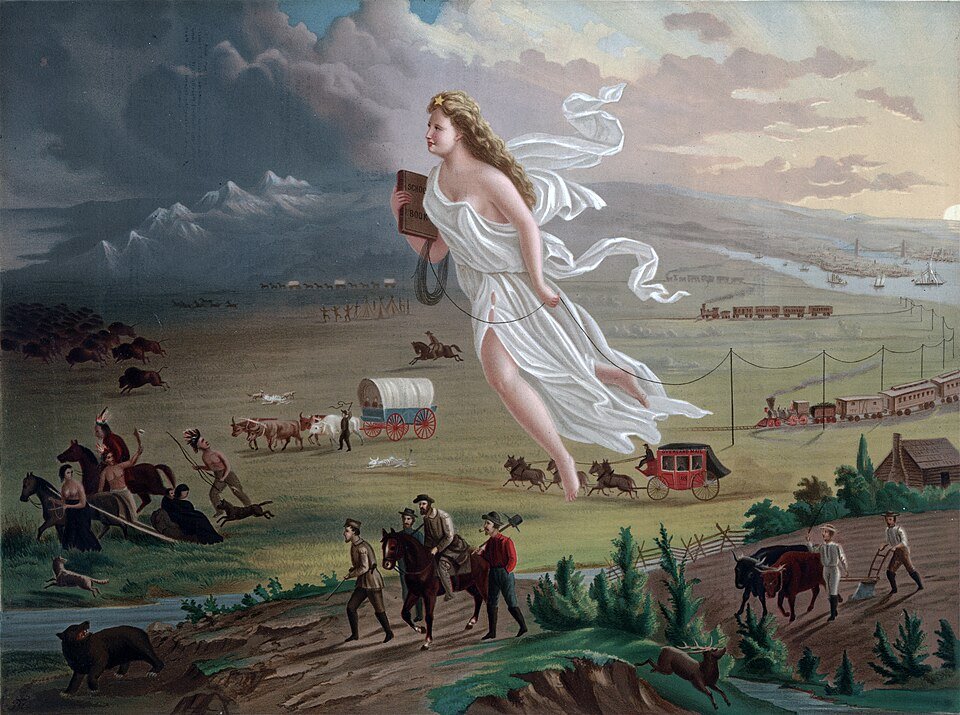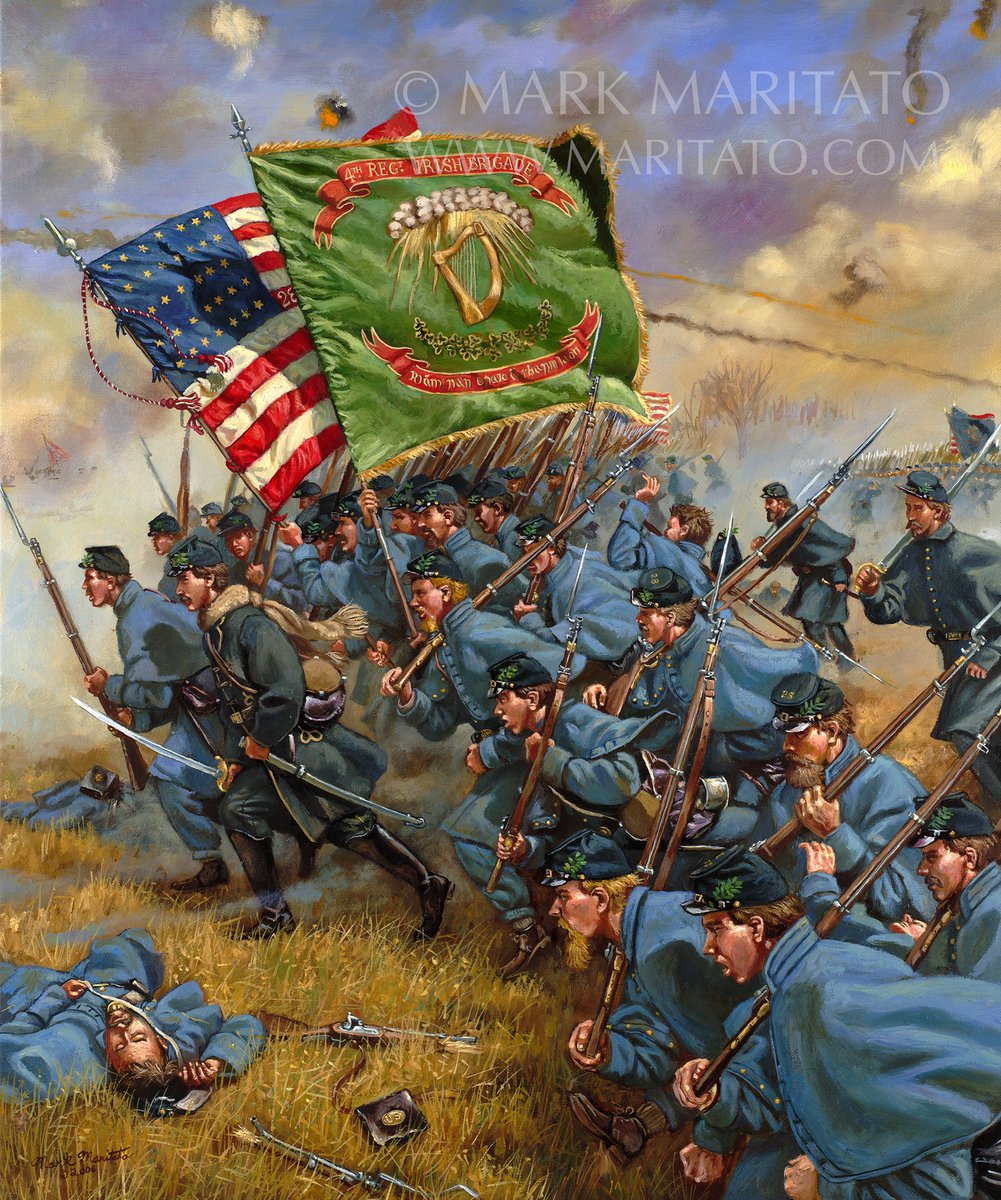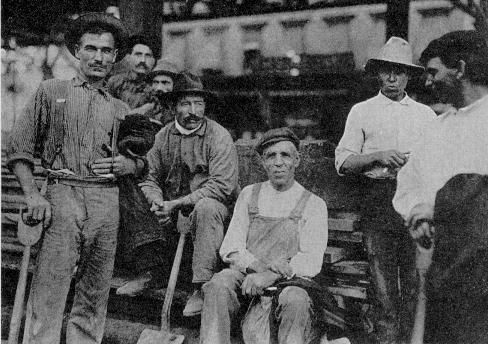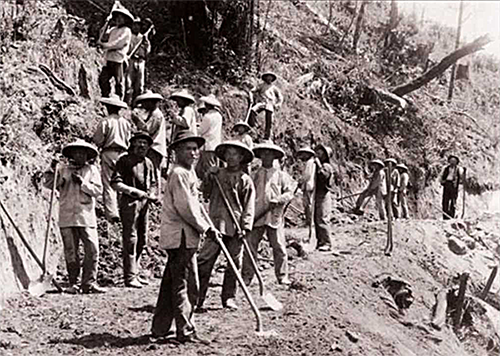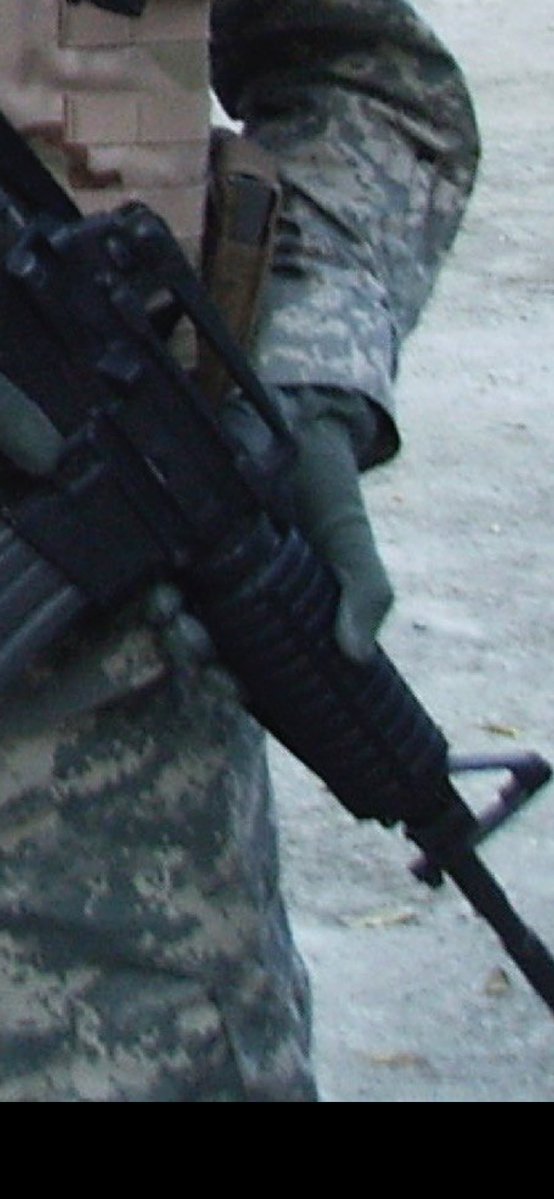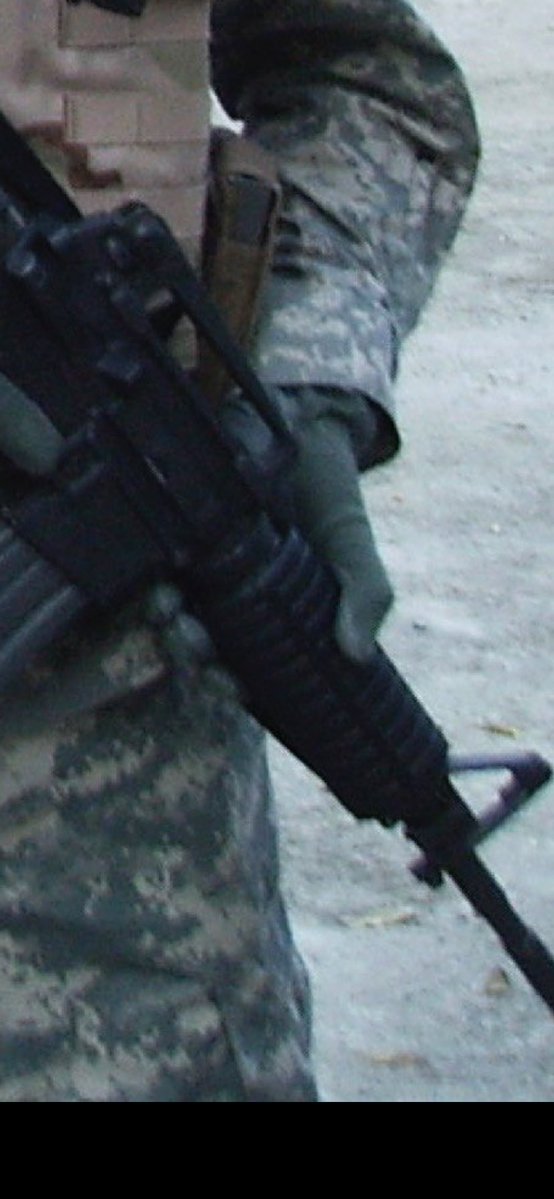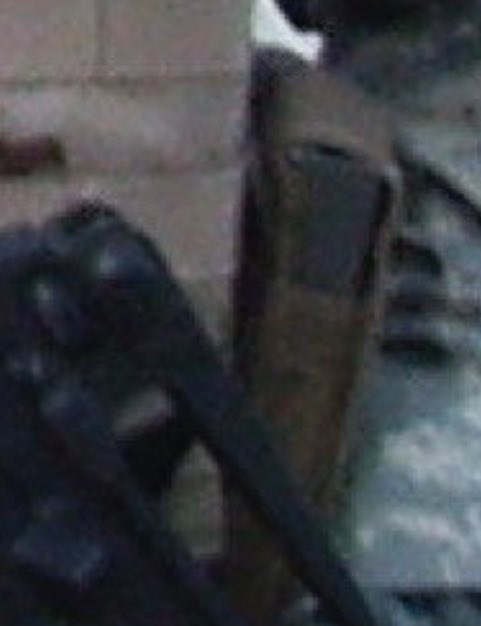1/Today’s redux thread on Death, the Black Pill, and the Battle of Roncevaux Pass is going to cover some topics that can be personal or religious and rather difficult to talk about. 

2/ Every culture prepares its people to think about death a certain way, and those people deal with that preparation in their own infinite combination of ways. I'm not an expert, but I do sense a feeling of impending doom in some of us that needs correcting.
3/ In 778, King of the Franks Charles the Great (Later known as Charlemagne, First Holy Roman Emperor) led his Army across the Pyrenees and into Islamic dominated Spain. 

4/ His goal was to create a buffer between his Frankish Kingdom and the Umayyad Caliphate that dominated most of southern Spain. 

5/ Soon after the campaign began, Saxon rebellion in the Empires north caused Charlemagne to abbandon the campaign after some moderate success to march north to deal with the Saxons. On his way out of Spain, Charlemagne decided to pacify the region. 

6/ Instead of destroying the Umayyad ally Husayn of Zaragoza, he decided to attack the mostly Pagan but European Basque city of Pamplona, destroying its defenses and taking some hostages. 

7/ The stupidity of this, and the subsequent consequences could be their own thread, but as the Frankish Army marched north back to France, the Basques determined they weren’t done.
8/ Lightly armed and almost totally unarmored, the Basque fighters were no match for the heavily armored Franks and their shield wall… in the open country. But the path through the mountains was narrow, at some points allowing no more than two men to stand side by side. 

9/ It was here the Basque waited, stalking the Frankish column, until the majority of it crossed a switchback leaving the rear guard, and all of the captured loot, alone in the Roncevaux Pass. 

10/ The Basque rained javelins down on the trapped Franks from behind the shadow of trees. The Frankish rear guard was in serious trouble. It is hard to parse where the truth ends and legend begins, but in the Frankish rearguard stood a nobleman named Roland. 

11/ (no, he did not have a Thompson gun). Roland was a warrior, and he knew the odds were very long that he would survive this battle. He also knew that if he surrendered, or if he ran, the Basque could repeat this assault on the rest of the Frankish lines.
12/ So Roland stood, and held, and fought the Basque for hours until well after nightfall when he was killed along with the rest of his men sometime during the night. After the Frankish Army had escaped. 

13/ How exactly Roland fell is unknown, and the legends of the subsequent millennia are not to be believed, but what is known is that Roland, a seasoned and experienced warrior, stood his ground, faced his death, and did his duty to the last. 

14/ Roland’s story was forgotten in the shame of defeat, until it was included in the “Matter of France”. An epic story on par with today’s pre-woke LOTRs, intended to create a national culture, and inspire men to great deeds. 
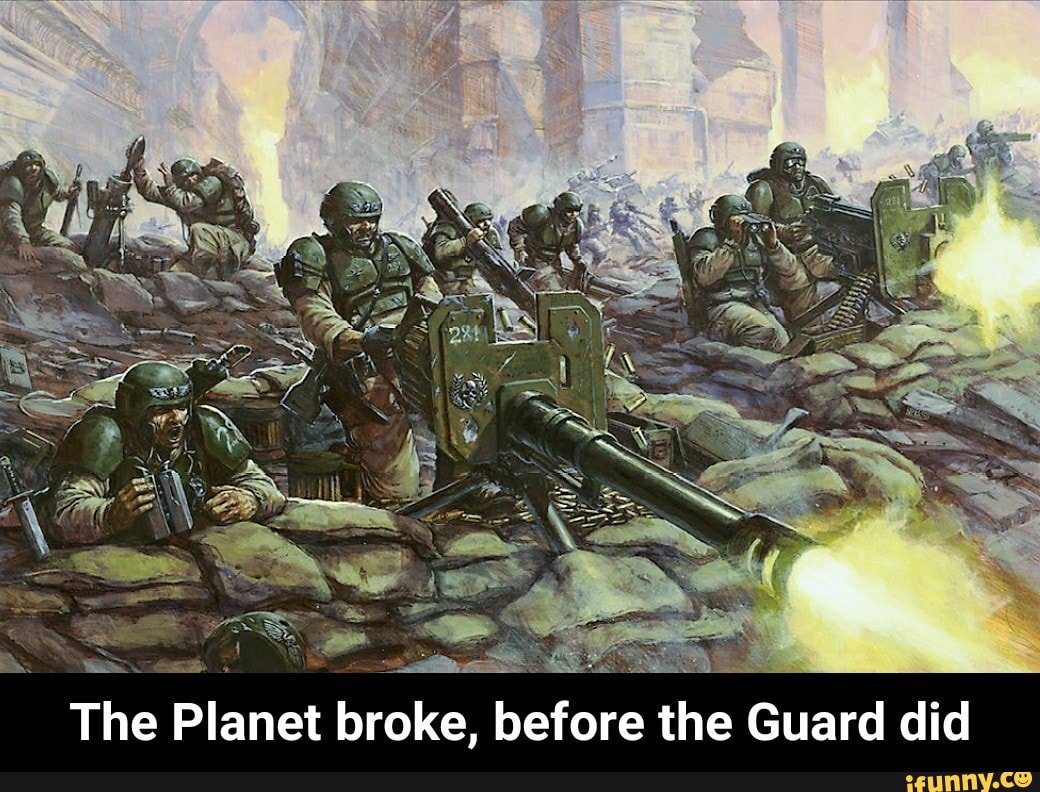
15/ Roland’s story inspired Carolingian Kings, and Crusaders for centuries passed the Roncevaux Pass to pray at the spot where he fell. Still today in a Europe which eschews traditional warrior culture, statues of Roland still stand over 1,200 years after his death.




16/ Roland’s bravery in the face of certain death inspired millennia of warriors
Every religion has an afterlife story, but few outside the warrior's teach one how to conduct themselves before death.
Every religion has an afterlife story, but few outside the warrior's teach one how to conduct themselves before death.
17/ I am not going to tell you that dying for your country, or dying in battle, or any of that shit is an honorable thing. Those that have seen death, who know how random and arbitrary it is, would never believe such fantasies.
18/ For every Roland, there are thousands more whose names and deeds are lost to history. Death, as we know comes for us all but how we meet death, and how we stare into the possibility of defeat is what defines us.
19/ Warrior culture for millennia has been preparing its devotees to meet death. From Tecumseh’s
20/ When it comes your time to die,
Be not like those whose hearts are filled with the fear of death,
So that when their time comes they weep and pray for a little more time to live their livesover again in a different way.
Sing your death song and die like a hero going home.”
Be not like those whose hearts are filled with the fear of death,
So that when their time comes they weep and pray for a little more time to live their livesover again in a different way.
Sing your death song and die like a hero going home.”

21/ To the wildly dark gallows humor of soldiers at the front as long as history has been recorded, warriors have steeled themselves in their own way for when death tests them. This is the challenge.




22/ Most of your responses to “What is a Black Pill?” centered on there being no hope. A sense of imminent defeat to an inevitable enemy. Friends, as long as your lungs draw breath there is still hope.
23/ As long as you can shoulder a rifle, or a pistol, or a fucking rock there is hope. Not hope for survival, but hope for victory. They want to seem inevitable. They know that an enemy is hurt worse from desertion than defeat.
24/ They want to sap your will to live, to fight, and to win. Theirs is a psyop, to make the world seem worse now than ever, but can you tell me the world is any worse now than in 778?
25/ It is that fear of death, and that fear of defeat which demotivates, but think of all the
stories you were raised with: Thermopylae, the Alamo, Saragarhi and even modern versions. Last Stands for a greater victory are who we are.
stories you were raised with: Thermopylae, the Alamo, Saragarhi and even modern versions. Last Stands for a greater victory are who we are.
26/ There is a reason they are coming for our Western Culture, because Western Culture teaches the brave to resist evil, even until their dying breath. It is who we are, and who we need to always be
27/ They know that if we refuse to succumb to our fear, if we refuse to accept their Masked Purple Haired God, if we refuse to accept their “black pill” means total defeat, that they will never defeat us. They can not create, they can only destroy, and they will not destroy us.
28/ If we stand shoulder to shoulder, and look them in the eye, even in their moment of apparent victory and tell them "Not Today" they will crumble, for bravery is not theirs, it is ours.
• • •
Missing some Tweet in this thread? You can try to
force a refresh


